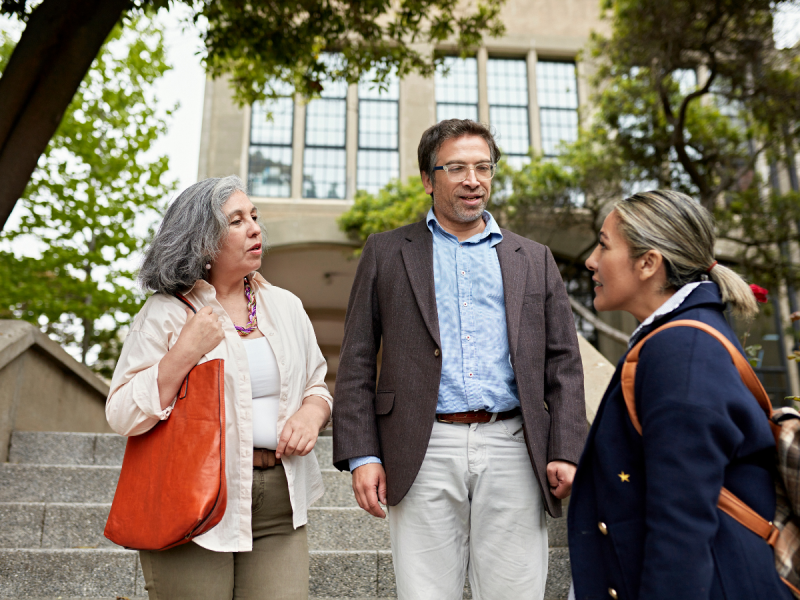In today’s rapidly evolving educational landscape, nontraditional students—those who don’t follow the typical pathway from high school to college—are increasingly making their mark. These adult learners bring a wealth of life experience, maturity, and a unique perspective to their academic pursuits. But what exactly makes nontraditional students thrive in school? Here, we delve into the myriad benefits and skills that these learners develop, providing a roadmap for personal and professional growth.
The Power of Life Experience
One of the primary advantages nontraditional students have over their younger counterparts is life experience. This experience translates into a more disciplined and focused approach to studies. Adult learners have often faced and overcome various life challenges, making them more resilient and adaptable.

Real-World Applications
Nontraditional students are adept at connecting theoretical knowledge with real-world applications. Their previous work experiences and life skills allow them to see the practical implications of what they are learning, which can be particularly beneficial in fields like business, healthcare, and education.
Strong Motivation and Determination
Adult learners often have a clear understanding of why they are pursuing further education. Whether it’s to advance in their current career, pivot to a new field, or fulfill a lifelong dream, their motivations are deeply personal and compelling. This intrinsic motivation fuels their determination to succeed.
Balancing Life

Many nontraditional students juggle multiple responsibilities, including work and family. This balancing act, while challenging, hones their time-management and organizational skills. These skills are not only crucial for academic success but also highly valued in the professional world.
Enhanced Skill Development
Nontraditional students often bring a rich tapestry of skills to their academic endeavors. These include:
Critical Thinking
Adult learners are generally more adept at critical thinking and problem-solving. Their life experiences provide a broader context for analyzing and synthesizing information, which enhances their academic performance.
Communication Skills
Having navigated diverse life situations, nontraditional students often possess strong interpersonal and communication skills. These abilities are essential for collaborative projects, presentations, and networking opportunities within the academic environment.
Community and Networking

Nontraditional students often form tight-knit communities, both online and offline. These networks provide emotional support, academic help, and professional connections. Engaging with peers who share similar experiences can be incredibly motivating and can lead to lasting friendships and professional relationships.
Overcoming Obstacles
The journey of a nontraditional student is often fraught with challenges, from financial constraints to time management issues. However, these obstacles also serve as powerful motivators. Overcoming such hurdles builds resilience and a strong sense of accomplishment, qualities that are invaluable in both personal and professional life.

Conclusion
Nontraditional students thrive in school because they bring a unique blend of life experience, strong motivation, and a diverse skill set. Their ability to balance multiple responsibilities while excelling academically is a testament to their resilience and determination. For aspiring academic students, early career professionals, and personal development enthusiasts, the journey of a nontraditional student serves as a powerful example of what can be achieved through perseverance and hard work.
Are you a nontraditional student or considering becoming one? Share your experiences and thoughts in the comments below!

